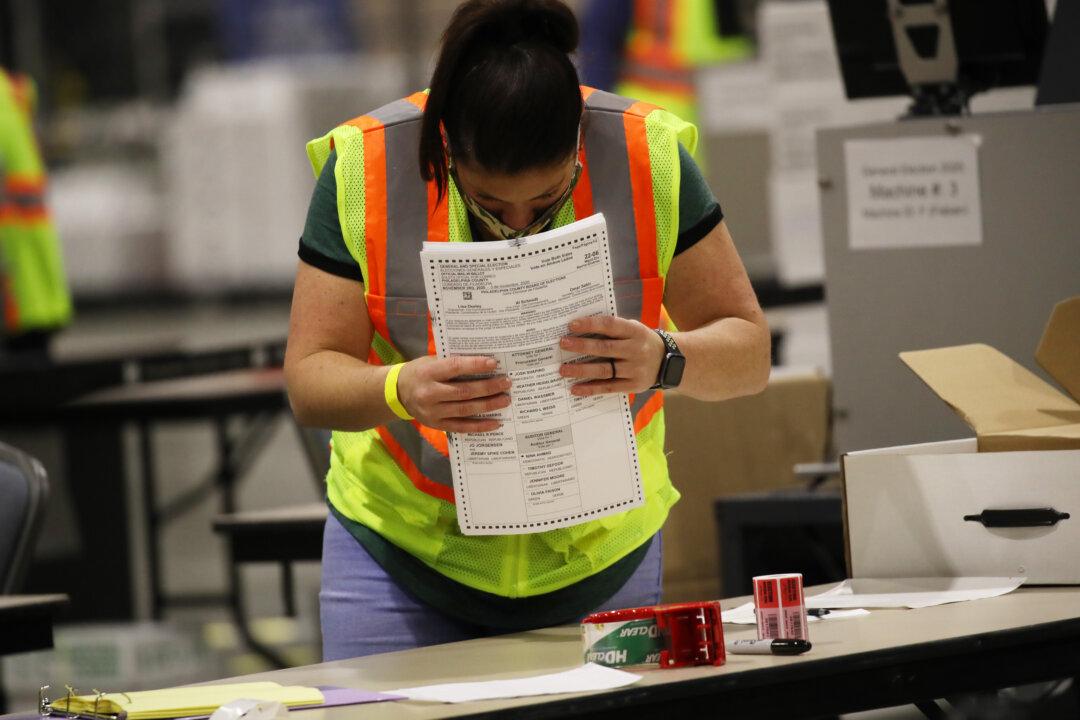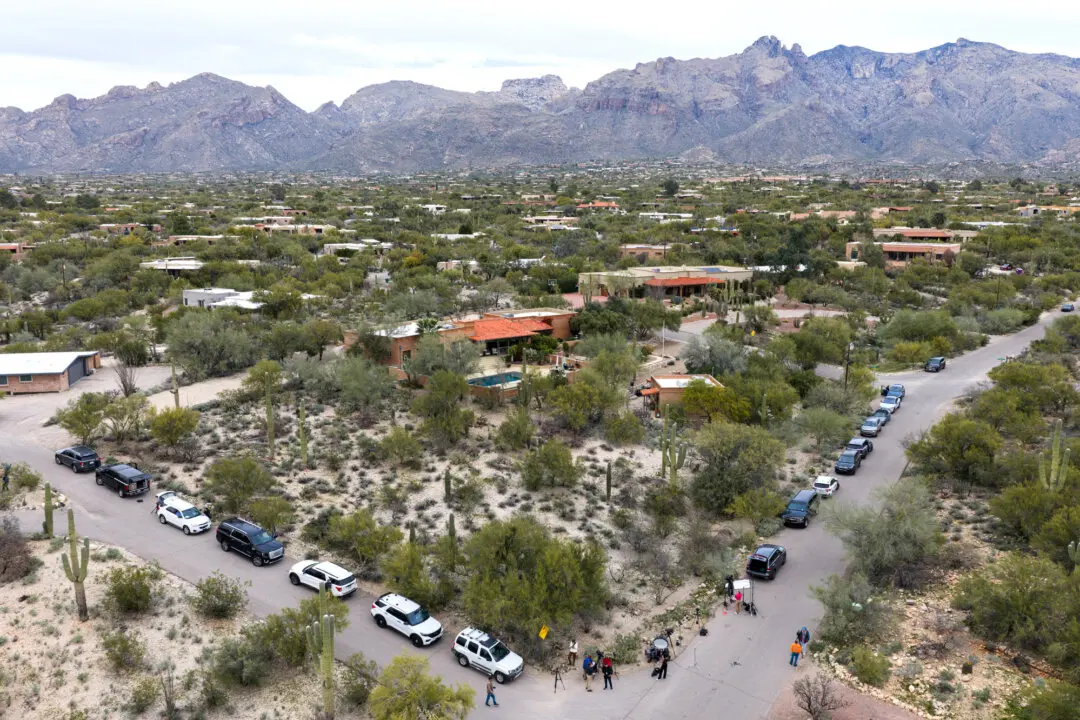Ohio Attorney General Dave Yost backed a GOP lawsuit and asked the U.S. Supreme Court to overturn a ruling that extended a deadline for absentee ballots in Pennsylvania, a key battleground state in the presidential election.
Yost, a Republican, is going to the nation’s highest court to do away with a ruling that allows officials in the Keystone State to accept absentee ballots within three days after Election Day.





